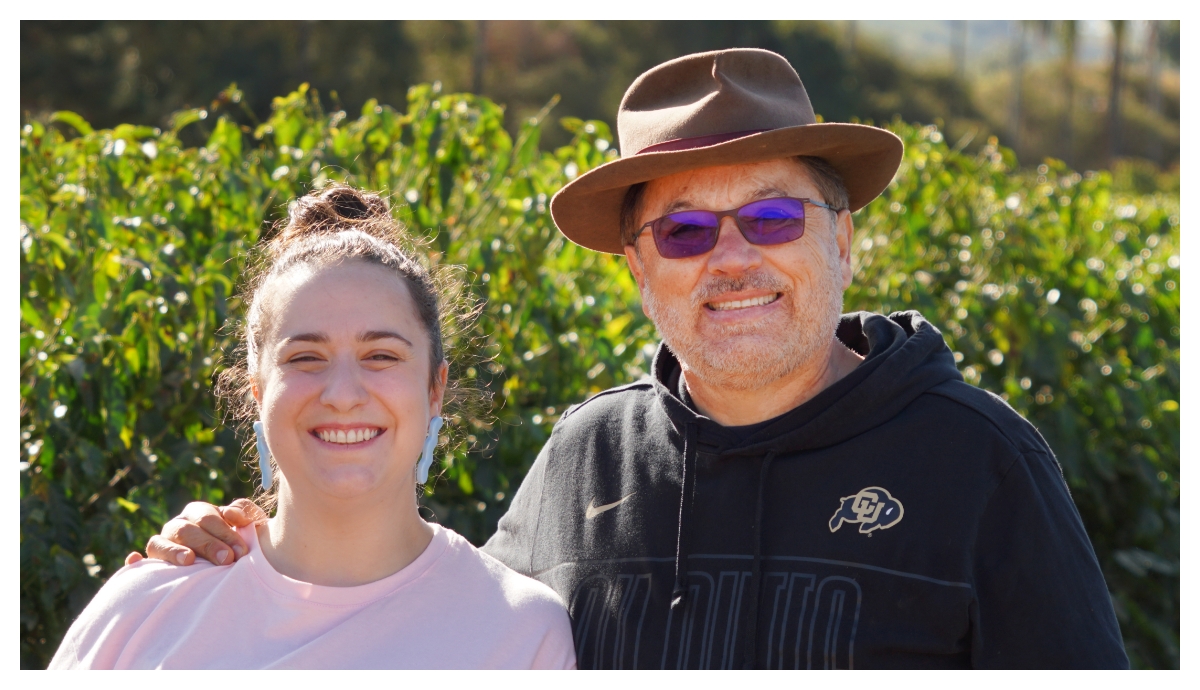 Ana Luiza Pellicer
Ana Luiza Pellicer


Brewing With Conscience
Café Grande
Portuguese–Brazilian officer Francisco de Melho Palheta first introduced coffee to Brazil in 1727. Dispatched to French Guiana to settle a border dispute, he was also ordered to obtain coffee seeds – at the time French-Portuguese trade was prohibited. As a mark of these missions’ success, today Brazil is the world’s largest coffee exporter.
With 2.15 million hectares of coffee farms, producing 30.6 bags per hectare on average, and an annual value of US$35.22 billion, the industry is vast – and it’s imperative it becomes more sustainable. Mió, in Brazil’s southern state of Minas Gerais and overseen by the Pellicer family, is one farm balancing coffee cultivation with sustainability.
Love coffee, love the environment
With 1.8 million coffee plants of five different varieties across 1,589 hectares, Mió pride themselves on making buying coffee as transparent as buying vegetables at a farmers’ market. Using satellites, Mió guarantees 100% traceability for its entire crop, tracking every stage of the berries’ journey from plant to processing and also improving farmworkers’ quality of life, ensuring abundant harvests, and guaranteeing high standards.
But that’s not all. In a state famed for its rivers, Mió takes care not just to maintain water flow but also to improve water quality and dedicates the same amount of land to its coffee plantation as it does to the native forest. This preserves the area’s natural characteristics, both supporting biodiversity and also bringing character to Mió’s coffee. This demonstrates the positive feedback loop of sustainable practices – preserving the environment also improves the quality of Mió’s coffee.
ProNutiva: Synergising coffee and environment
Ana Luiza Pellicer, Chief Operating Officer, credits ProNutiva for supporting both coffee and the environment, with the farm seeing greater branch growth, thicker flowers, and more grains: “Biosolutions add to the nutritional balance of our coffee plants. Combined with the right blend of conventional crop protection, this helps the plant’s metabolic processes, stimulating vegetative and grain growth, maturation uniformity, soil conditioning and healthy contribution to the plant. All of which contributes directly to crop productivity, while increasing all the biological, physical and chemical parts of the soil and the plant.”
Long-live coffee
At UPL, we love our coffee. Thanks to sustainable farms and farmers like Mió and Ana Luiza, we’re confident the world can continue measuring life in coffee spoons now and into the future.

Related Stories
